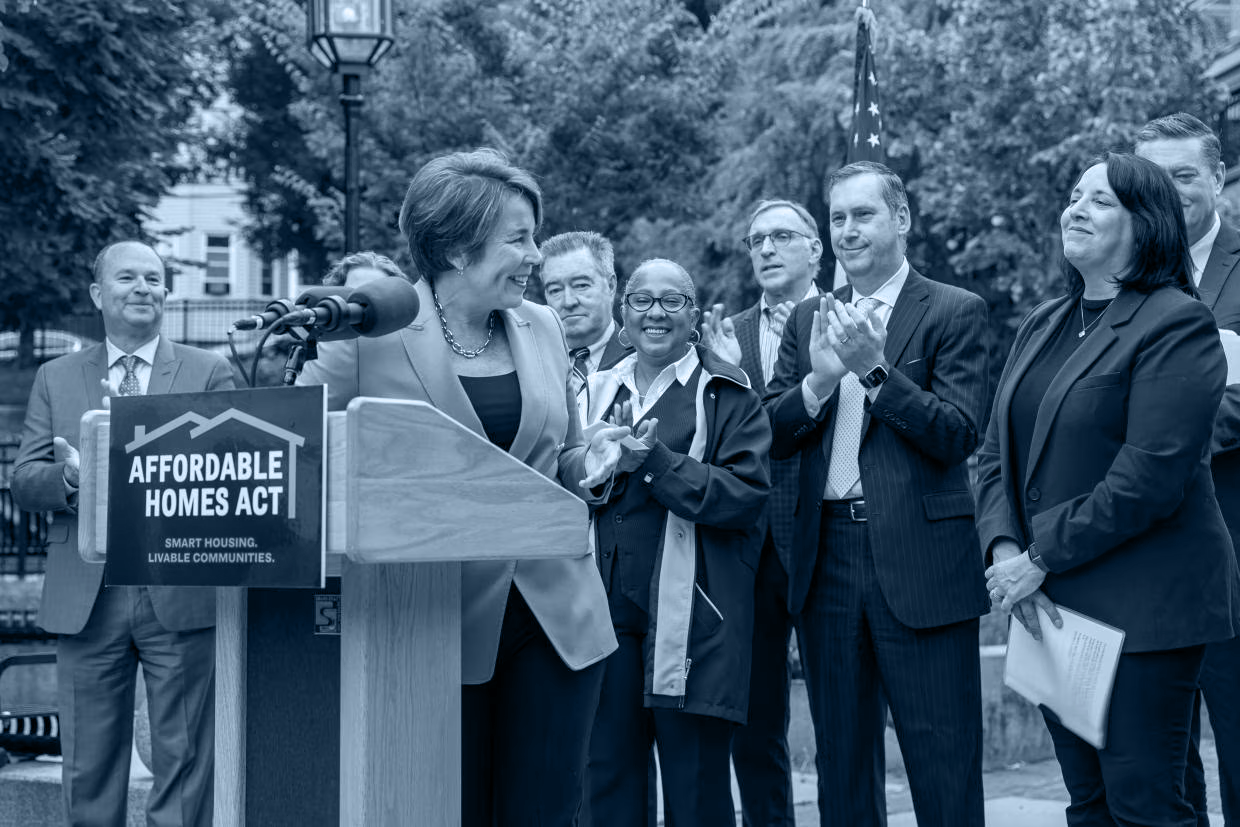We’re excited about the Affordable Homes Act and the positive change it will make for livable and sustainable communities in Massachusetts. This comprehensive legislation addresses the Commonwealth’s housing shortage through a variety of policy changes and funding mechanisms.
Specifically from the perspective of planning, here are three key provisions from Bill H.4138 that we will be keeping an eye on:
- $25 million in new capital authorization for Community Planning Grants.
- Allowing accessory dwelling units to be built by-right in single-family zoning districts in all communities.
- Adding inclusionary zoning to the list of zoning changes municipalities may pass by simple majority.
These three items are only a small selection of the Act’s changes and funding. We look forward to helping municipalities navigate these changes and leverage new resources to address their housing needs and the Commonwealth’s housing crisis.
$25 Million for Community Planning Grants
Item 7002-0082 in the Act authorizes $25 million in new capital funding for Community Planning Grants. This is a significant investment in local planning capacity that could help cities and towns develop more strategic approaches to housing and development. This funding will empower more communities to engage in comprehensive planning processes for better-designed and more equitable housing strategies.
By-Right Accessory Dwelling Units
Section 13 in the Act allows accessory dwelling units (ADUs) to be built by-right in single-family zoning districts statewide. This is a bold move towards increasing housing diversity and affordability. ADUs can provide more flexible housing options while maintaining neighborhood character. This change could unlock significant potential for gentle density increases. Implementation will be key, as communities need to update regulations and educate staff about this change.
Simplifying Inclusionary Zoning Adoption
Section 15 adds inclusionary zoning to the list of zoning changes municipalities can pass by a simple majority vote accelerates the adoption of this important affordable housing tool. Inclusionary zoning can be an effective way to create mixed-income communities. Lowering the voting threshold may encourage more municipalities to consider this approach, though successful implementation still requires careful policy design.
